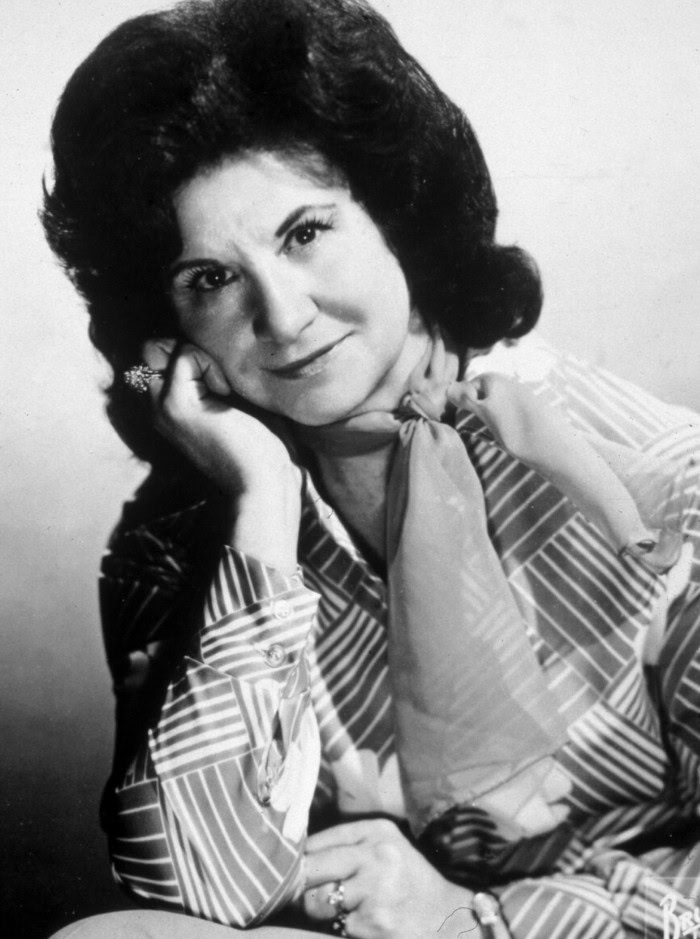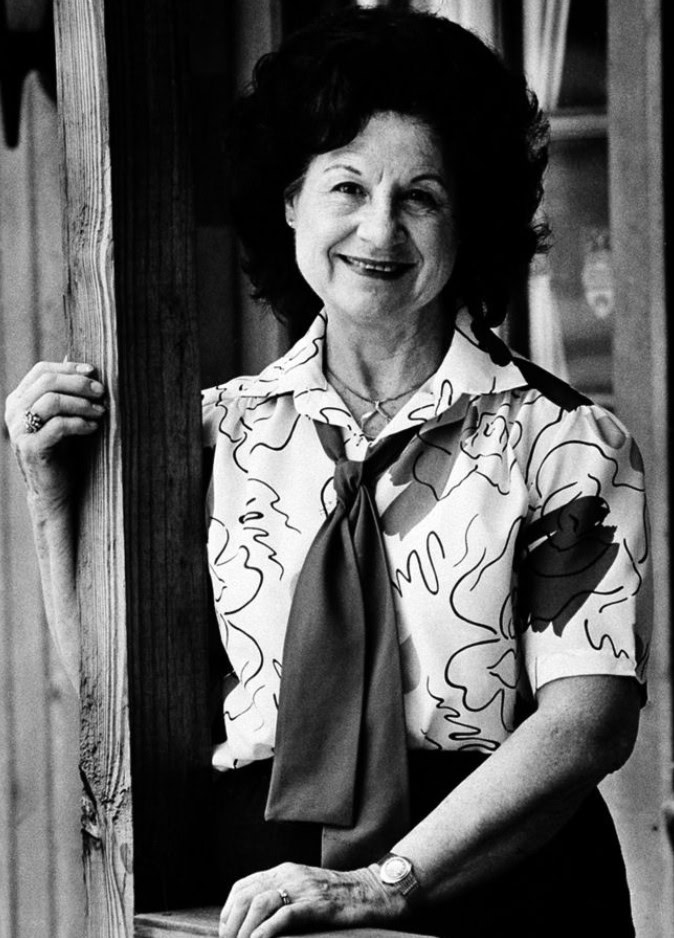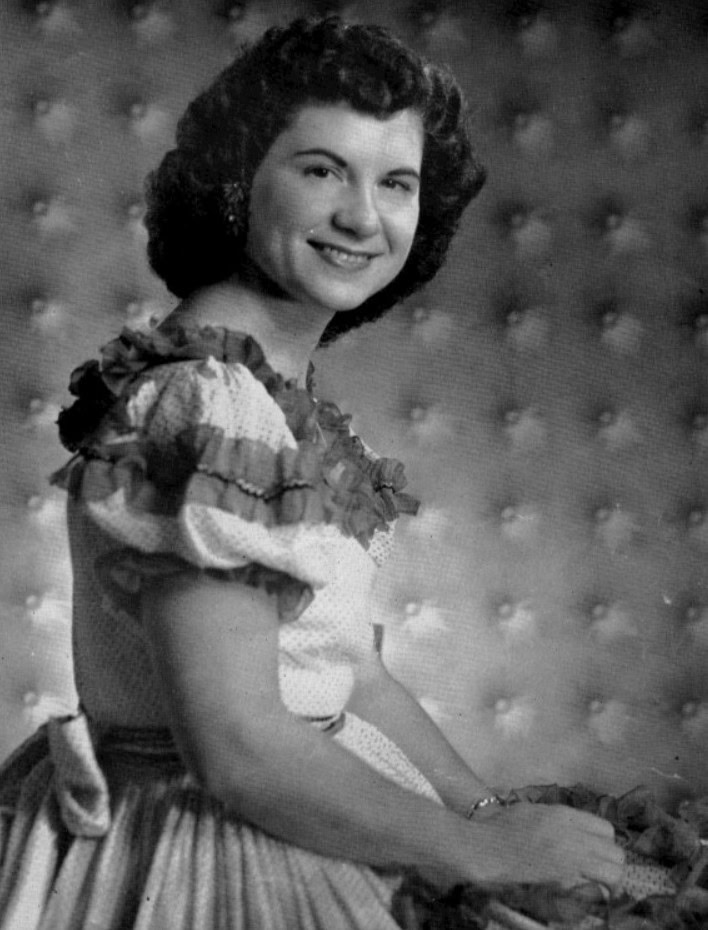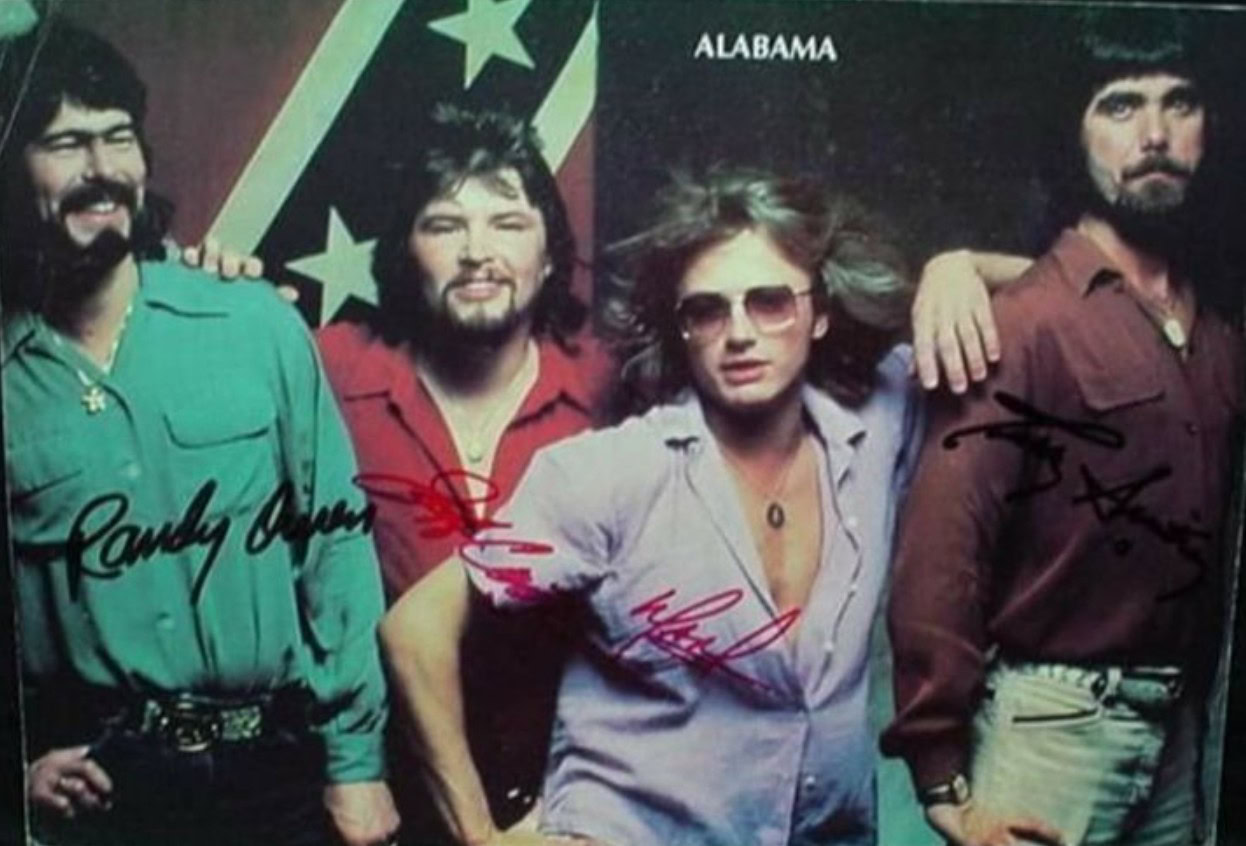About the song
“It Wasn’t God Who Made Honky Tonk Angels”: Kitty Wells Redefined Country Music
Kitty Wells, the queen of country music for a generation, wasn’t just a singer; she was a voice for women in an industry dominated by men. While her career spanned decades and included numerous hits, her iconic 1952 single “It Wasn’t God Who Made Honky Tonk Angels” became a defining moment, both for her and the genre. The song, a powerful retort to the accusations hurled at women within the community, resonated with listeners and forever cemented Wells’ legacy as a trailblazer.
In the post-war era, country music was steeped in traditional gender roles. Men were portrayed as hardworking, honest providers, while women were often relegated to the role of the faithful, often heartbroken, lover. “Why I’m Walkin,'” a hit for Ernest Tubb released in 1952, encapsulated this narrative. The song accused women of being the driving force behind men’s troubles, suggesting that “honky-tonk angels” were ultimately responsible for husbands leaving their wives for a night of loose living.
Wells, however, refused to accept this simplistic, and frankly insulting, portrayal of women. “It Wasn’t God Who Made Honky Tonk Angels” was her direct challenge to these double standards. The song, penned by J.D. Miller, paints a picture of a heartbroken woman who realizes she’s not the sole cause of her partner’s infidelity. Wells’ powerful vocals, laced with both defiance and sadness, make it crystal clear that men, too, must shoulder the blame for their own actions.
The lyrics are a masterpiece of lyrical storytelling. They expose the hypocrisy of society’s judgment, highlighting the shared responsibility in relationship breakdowns.

Here are some key lines that drive home the message:
“It wasn’t God who made honky-tonk angels
He didn’t make them that way
It was the lips and the curves of the man
Who made them this way“You smile and steal my man away
And then you kiss me in the dark
But you say he’s the cause of your sorrow
And that I’m the guilty heart.”
Wells doesn’t shy away from directly calling out the male gaze and the inherent double standards women face. She argues that men are equally responsible for creating the environments where infidelity thrives. The song cleverly subverts the narrative by highlighting the male perspective, exposing their role in shaping the “honky-tonk angel” trope.
“It Wasn’t God Who Made Honky Tonk Angels” was a monumental achievement, breaking ground and establishing Wells as a musical force to be reckoned with. It provided a much-needed voice for women in country music, challenging the genre’s conservative leanings and paving the way for future generations of female artists. The song remains a timeless classic, a testament to Kitty Wells’ enduring influence and her commitment to breaking down barriers in the world of country music.
Video
Lyrics
updating





